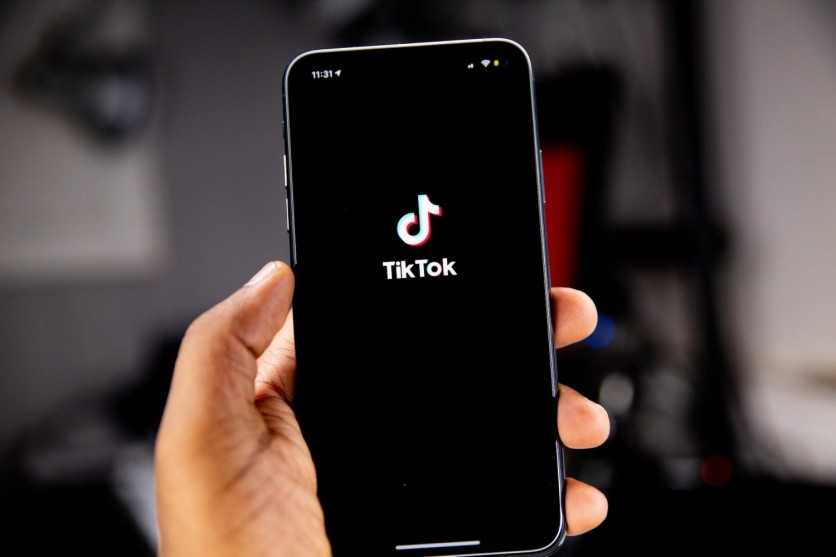
TikTok, a prominent player in the social media landscape, has stepped up to the scene to allow creators to tag their AI-generated content explicitly with the help of an AI tool.
The video-sharing platform is diligently testing additional methods for automatically labeling AI-generated content, marking a significant stride toward transparency and accountability.
The Motivation Behind AI Labeling
TikTok's decision to introduce AI labeling stems from a genuine concern: AI-generated content can sometimes bewilder or mislead viewers.
While the platform had already updated its policies to address synthetic media, including deep fakes, it became apparent that further measures were necessary.
According to TechCrunch, TikTok's policy already mandated labeling for AI content containing realistic images, audio, or video, ensuring viewers could discern the authenticity of the content and thwart the dissemination of false information. Furthermore, TikTok reserves the right to remove undisclosed realistic AI images.
However, the gray area between genuine and AI-generated content remained a challenge. In this context, increased transparency becomes a welcomed ally for users, offering assurance about the authenticity of the content they consume.
TikTok's Innovative AI Labeling Tool
TikTok's newly introduced AI labeling tool not only simplifies compliance with the existing synthetic media policy but also empowers creators to tag content entirely generated or significantly edited with AI.
This user-friendly tool becomes available to creators during the video uploading process. More importantly, TikTok does not expect creators to retroactively label their previous videos.
Upon utilizing the new tool, TikTok will prominently display a message below the video creator's username, indicating that the video is AI-generated. What's more, TikTok will not penalize creators for failing to label AI content that falls outside the synthetic media policy.
Related Article : TikTok's 'Tako' AI Chatbot Runs Exclusive Tests in the Philippines
Automated AI Content Detection
Going a step further, TikTok is actively developing an automated system to detect and label AI content. The company plans to commence testing an "AI-generated" label that will apply to any content identified as edited or created using AI.
While TikTok remains discreet about the specific technology used for detection, the company is exploring various detection models and considering partnerships to bolster AI detection capabilities.
Industry-Wide AI Labeling Trend
TikTok is not alone in its pursuit of AI content transparency. Industry giants like OpenAI and Google have announced their own AI detection capabilities in recent months.
Instagram also seems to be on the verge of introducing a feature that highlights AI-created or edited content. Additionally, the European Union is advocating for widespread AI content labeling in its fight against disinformation.
Renaming of AI Effects
As part of its commitment to transparency, TikTok has decided to rename all its AI-enhanced effects, explicitly including "AI" in their names. This marks a significant shift from the platform's previous stance of secrecy regarding AI involvement in effects and filters.
Now, users can readily discern which of TikTok's effects utilize AI technology, promoting informed content consumption.
TikTok consulted extensively with its Safety Advisory Councils and industry experts, including MIT's Dr. David G. Rand, during the development of its AI labels.
The term "AI-generated" was chosen for its broad understanding across demographic groups. Additionally, TikTok plans to roll out educational videos and media literacy resources in the coming weeks to enhance user understanding of AI.
These updates are part of TikTok's broader commitment to responsible AI practices in media. The company previously pledged to adhere to the Partnership on AI's Responsible Practices for Synthetic Media and engaged with young people through partnerships to gain insights into AI advancements online.
In another report by the Wall Street Journal, more people are reportedly streaming pirated movies on TikTok via short clips.

![Apple Watch Series 10 [GPS 42mm]](https://d.techtimes.com/en/full/453899/apple-watch-series-10-gps-42mm.jpg?w=184&h=103&f=9fb3c2ea2db928c663d1d2eadbcb3e52)



